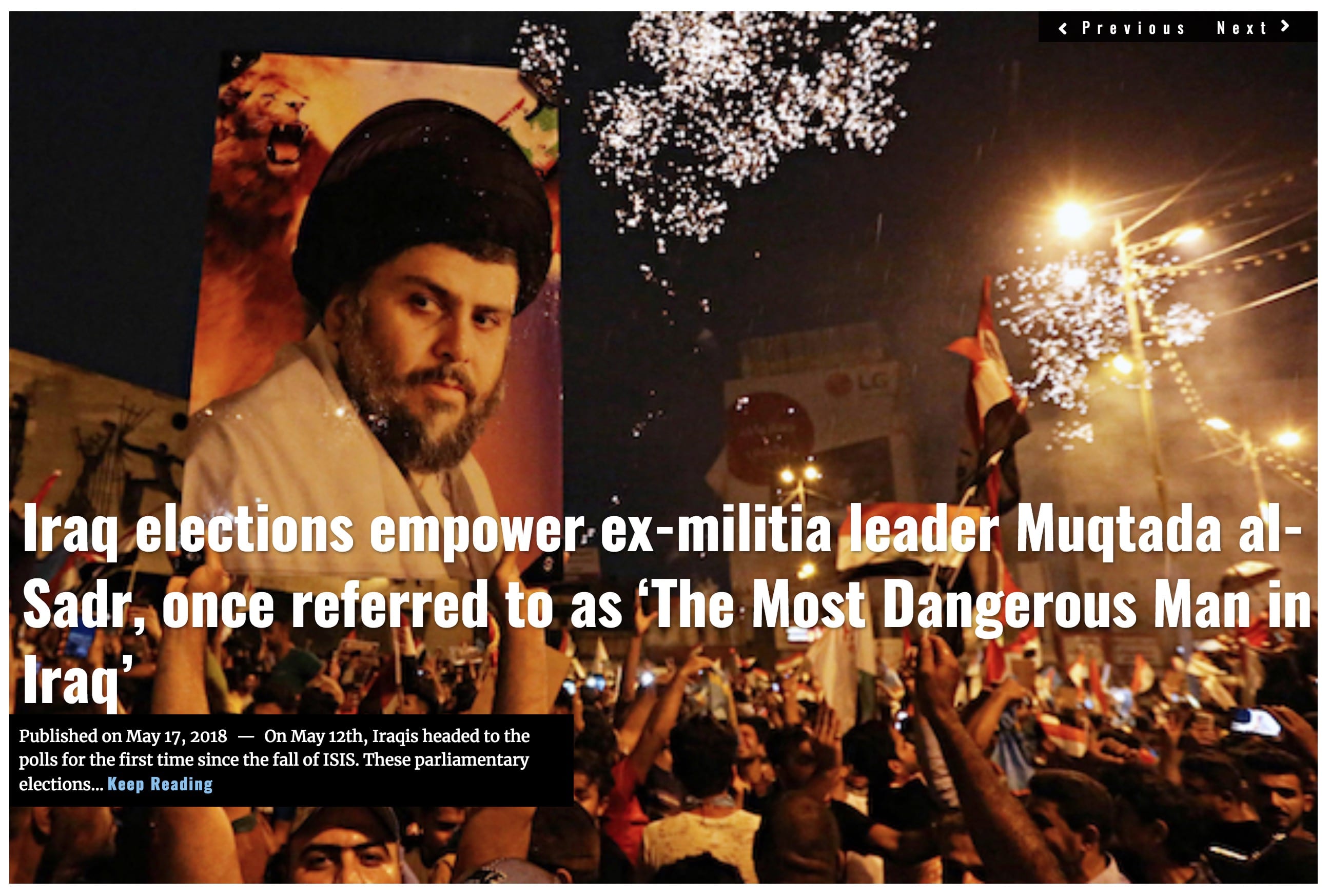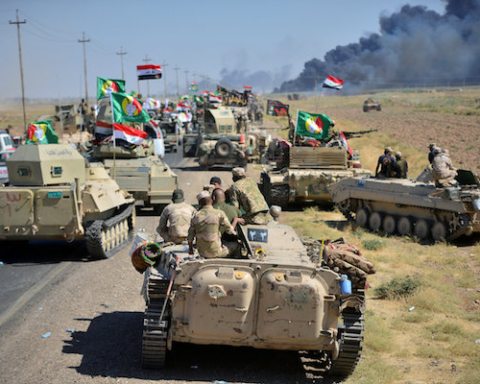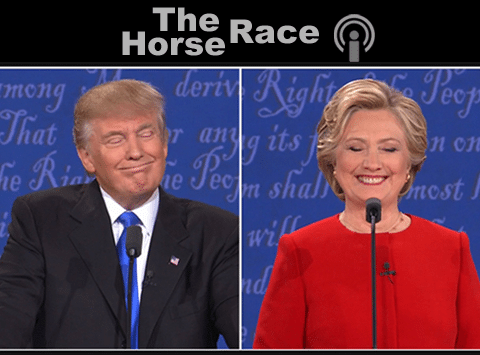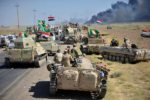Rising unemployment, lack of essential services and security concerns have caused civil unrest in Iraq’s southern areas. A growing number of protestors, amid a violent government response is now threatening local stability and oil production.
On July 15th, a gathering of a few dozen protestors outside of the provincial administrative building of Basra, soon turned into a crowd of well over two hundred demonstrators, protesting the unstable access to basic necessities such as water and electricity, along with rising unemployment in the southern parts of Iraq. A group of the protestors then detached from the larger mass and attempted to storm the local government’s administration building, attempting to climb over the iron gates of the compound.
Iraqi police and security forces positioned to defend the compound opened fire into the air with 5.56 calibre carbine rifles in an attempt to disperse the crowd. This only caused the advancing protestors to fall back mere feet.
After the initial salvo of automatic fire, water cannons and tear gas were deployed. Soon, security forces were authorised by their commander to fire into the progressing crowd, wounding 48 people. 28 members from the responding Iraqi security forces were also injured, this according to statements by Major General Thamir al-Hussaini, commander of the Interior Ministry’s Rapid Response Forces.
الحكومة مع المطالب الحقة للمتظاهرين وشكلنا خلية ازمة لتلبيتها
The government supports the rightful demands of protestors and is working to achieve themhttps://t.co/9ixzN5lnpI pic.twitter.com/DBsTpfeiqV— Haider Al-Abadi حيدر العبادي (@HaiderAlAbadi) July 19, 2018
In provincial Nasiriyah in adjacent Dhi Qar Province, a further 15 protesters were injured as well as 25 security force members. In the Al Muthanna Province, hundreds of demonstrators stormed and captured parts of Faleh al-Ziyadi’s residence, the provincial governor, and set fire to parts of the building.
Demonstrations throughout the southern parts of Iraq had begun in Basra on July 8th, and quickly spread throughout the outlining areas such as the town of Samawa, and to nearby provinces of Dhi Qar, Maysan, Babil, Karbala and Najaf. What began as a series of peaceful protests soon took the familiar route of becoming an expression of mass frustration, with local administrative buildings throughout the area being torched. This caused the central Baghdad government to impose a state of emergency, and security forces were authorised to use lethal force and not just fire above, but to shoot directly into the crowds.
https://twitter.com/abdullahawez/status/1020011817660186624
As part of the state of emergency, key airports have been closed down, with flights to the provinces having either been cancelled or diverted, and access nationwide to the internet has been drastically curtailed.
The closure of airports mainly came as a result of hundreds of protesters storming the Al Najaf International (NJF) airport of the holy city of Najaf, located in central-south Iraq about 160 km (100 mi) south of Baghdad on July 13th. Najaf is widely considered the spiritual capital of Shi’a Islam, and the centre of Shi’ite political power in Iraq.
At the time of incursion, a Royal Jordanian (RJ) plane had to abort its landing procedure as security forces were withdrawing from the designated runway. The RJ flight, along with an inbound Iran Air flight was diverted to the Baghdad International Airport (BIAP) instead. RJ said on July 15th that it had suspended its four weekly flights to Najaf amid airport security concerns. Flydubai, which has six scheduled flights to the airport, followed suit shortly thereafter.
The demonstrations, and resulting deterioration in the security situation outside the administrative centre of Basra, which is situated alongside the highway leading to the nearby central oil fields, may come to affect Iraq’s oil production. As such, the Iraqi central government has ordered additional troops to the area. This is in part out of concern that protesters might attack or disrupt pipeline or production facilities attached to the oil fields.
Iraq produces 4.3 million barrels of oil per day and holds an estimated 12% of the world’s oil reserves. This production accounts for 87-88 percent of the Iraqi government revenues. Despite that a significant portion of Iraq’s oil is located in the Shi’ite-dominated Basra, and surrounding provinces, only a pittance of the resulting oil revenues are invested back into those areas. The southern provinces in Iraq have long been neglected by Baghdad, first under Saddam Hussein’s regime and then by the present Shiite-led government.
Oil sector weathers storm of protests https://t.co/Iw5oDntMTX pic.twitter.com/HXGMCohVZv
— Iraq Oil Report (@iraqoilreport) July 18, 2018
In the aftermath of a protest on July 15th in Samawa where two protestors died, an Iraqi police official told Reuters, “Hundreds of people tried to storm a courthouse. Shots were fired towards us. It was not clear who was shooting. We had no choice but to open fire.”
The demonstrations are not just a response to the failure of the central Baghdad government, and its local, provincial representative governments to provide necessary services. They are also a direct response to the still undetermined outcome and allegations of fraud surrounding the 2018 Parliamentary elections which were held on May 12th. It came as no surprise that the opportunity of using the unrest as a political instrument against the politically exposed incumbent Iraqi Prime Minister, Haider al Abadi, was quickly seized by the opposition.
Four killed protecting pipeline warehouse outside Kirkuk https://t.co/VAlfaB3Sfb pic.twitter.com/tbhgnvIVot
— Iraq Oil Report (@iraqoilreport) July 11, 2018
The election predictably further reinforced the legitimacy and power block of Iranian backed politician and militia leader Shi’ite Imam Muqtada al Sadr. Al Sadr has attempted to not be seen as overtly taking sides against al Abadi, despite the fact that the majority of protests have occurred at his birthplace in Najaf. Al Sadr’s supporters have not been as quiet with Grand Ayatollah Ali al-Sistani, Iraq’s top Shi’ite cleric and prime ally of al Sadr, using the situation to further undermine al Abadi’s legitimacy as Prime Minister by siding with the protesters, which consists primarily of Shi’a adherers.
In an attempt to ease the situation, al Abadi announced on July 14th that additional funds have been allocated to improve access to water, electricity and health care throughout Iraq. This did little to placate the protesters. It also remains doubtful how Baghdad will be able to afford such additional expenses, and a budget to represent these changes is yet to be presented.
By the tenth day, July 19th, the violence and protests appear to show no sign of winding down. To date, the protests have resulted in eight people having been killed and well over a hundred injured.
John Sjoholm, Lima Charlie News
John Sjoholm is Lima Charlie’s Middle East Bureau Chief, Managing Editor, and founder of the consulting firm Erudite Group. A seasoned expert on Middle East and North Africa matters, he has a background in security contracting and has served as a geopolitical advisor to regional leaders. He was educated in religion and languages in Sana’a, Yemen, and Cairo, Egypt, and has lived in the region since 2005, contributing to numerous Western-supported stabilisation projects. He currently resides in Jordan. Follow John on Twitter @JohnSjoholmLC
Lima Charlie provides global news, featuring insight & analysis by military veterans and service members Worldwide.
For up-to-date news, please follow us on twitter at @LimaCharlieNews
In case you missed it:

![Image Iraq oil production threatened by growing unrest [Lima Charlie News] (AP Photo)](https://limacharlienews.com/wp-content/uploads/2018/07/Iraq-oil-production-threatened-by-growing-unrest.jpg)






![Africa’s Elections | In Malawi, food, land, corruption dominate [Lima Charlie News]](https://limacharlienews.com/wp-content/uploads/2019/06/Malawi-election-Food-land-corruption-480x384.jpg)
![Syria’s oil, gas and water - the Immiscible Solution to the War in Syria [Lima Charlie News][Photo: ANDREE KAISER / MCT]](https://limacharlienews.com/wp-content/uploads/2019/05/Syria’s-oil-gas-and-water-480x384.png)
![Image The Rwandan Jewel - Peacekeepers, Conflict Minerals and Lots of Foreign Aid [Lima Charlie World]](https://limacharlienews.com/wp-content/uploads/2019/03/Rwanda-Jewel-480x384.jpg)
![Image Russia's energy divides Europe [Lima Charlie News]](https://limacharlienews.com/wp-content/uploads/2019/03/Russias-energy-divides-Europe-Lima-Charlie-News-480x384.png)

